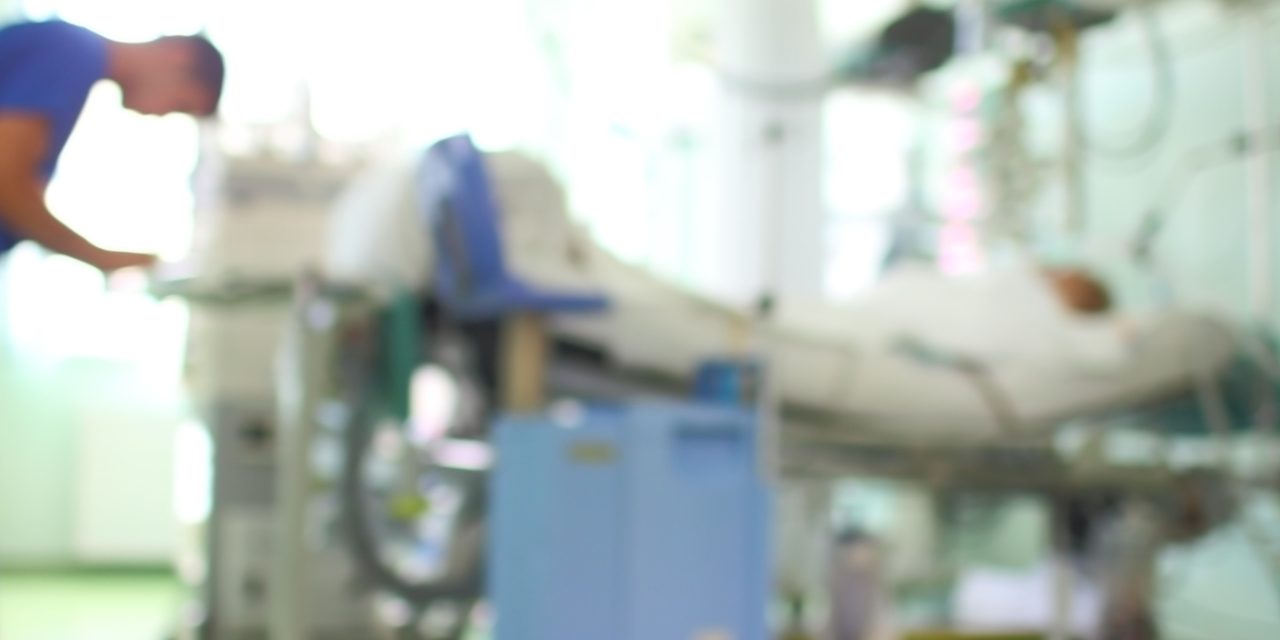United States Air Force Academy (USAFA) cadets are at risk for sustaining concussions; however, several factors inhibit disclosure. We aimed to better understand the role of social support in concussion disclosure.
We used a mixed methods approach with an electronic survey and interviews. The survey used a 9-point Likert scale (1 = strongly disagree and 9 = strongly agree) to assess concussion disclosure. Survey items asked cadets whom they felt most comfortable disclosing a concussion or bell-ringer/ding to, how quickly they would seek medical attention for a suspected concussion or bell-ringer/ding, whether cadets would be generally supportive/unsupportive of another cadet disclosing a concussion to medical staff, and whether other cadets important to them would be generally supportive/unsupportive if they reported a concussion to medical staff. Two multivariate linear regressions, one for concussion and one for bell-ringers/dings, were calculated to determine whether cadet choice of the person they felt most comfortable disclosing a concussion or bell-ringer/ding to predicted whether they would immediately seek medical attention for either condition. Choice of person included Air Officer Commanding (AOC)/Academy Military Trainer (AMT), upper classmen, cadet who had recovered from a concussion, cadet, closest friend, teammate, and squadmate. Descriptive analyses assessed whether cadets felt supported or unsupported by other cadets and by those who were important to them concerning concussion reporting. Thirty-four semi-structured interviews were conducted with cadets to explore their views on concussion disclosure.
Increased comfort with disclosing a suspected concussion to an AOC/AMT had higher agreement seeking medical attention (β = 0.28, P < .001). For every 1-point increase in being comfortable disclosing a potential bell-ringer/ding to an AOC/AMT (β = 0.272, P < .001), squadmate (β = 0.241, P = .002), and teammate (β = -0.182, P = .035), agreement for seeking medical attention immediately increased 0.27, increased 0.24, and decreased 0.18, respectively. Interviews indicated cadets would often speak to a peer before seeking medical attention.
Our results suggested that cadets felt comfortable reporting a suspected concussion or bell-ringer/ding to various peers and that those peers would be supportive of that choice, indicating social support. Future interventions should include educating cadets that peers may come to them, especially if they are AOCs/AMTs or squadmates.
© The Association of Military Surgeons of the United States 2021. All rights reserved. For permissions, please e-mail: journals.permissions@oup.com.
The Role of Social Support in Concussion Disclosure in United States Air Force Academy Cadets: A Mixed Methods Approach.


